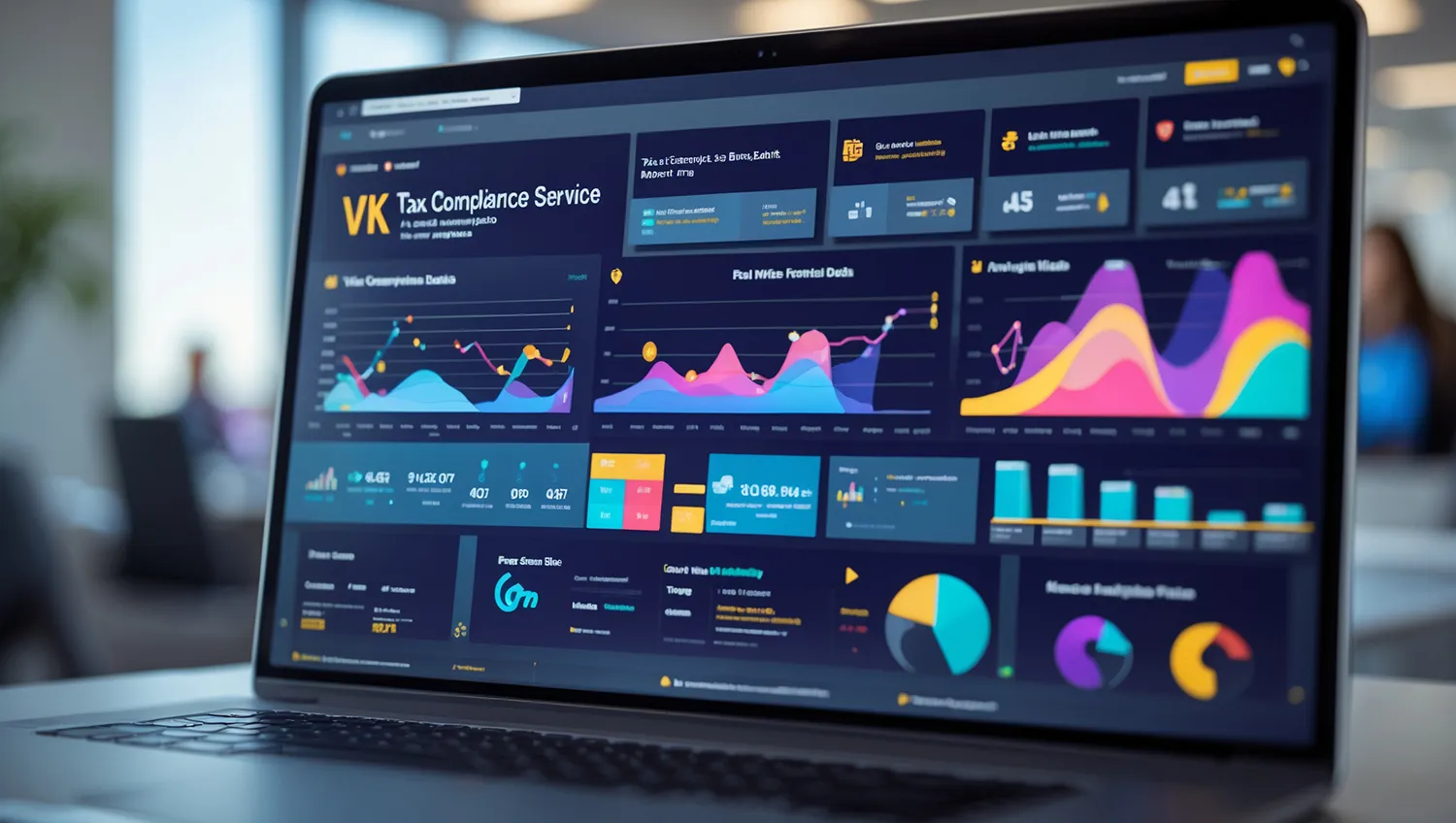VK’s Tax Compliance Platform Is Redefining How Businesses Interact With the State
Russia is rapidly digitizing its tax administration. VK’s Tax Compliance platform has already attracted over 170 companies across 12 industries, offering them a faster, more transparent way to deal with the Federal Tax Service. At the Moscow Financial Forum on September 18, 2025, VK CEO Vladimir Kirienko called the service one of the most successful examples of digital government adoption.

Online Interactions Replace Traditional Audits
The rapid adoption of VK Tax Compliance demonstrates both the maturity of the product and growing business confidence in digital government tools. Kirienko’s announcement at the Moscow Financial Forum highlighted how technology is transforming tax administration. Tax monitoring is a modern model of tax control that shifts from traditional on-site inspections to online data exchanges. According to Kirienko, client companies are seeing “a real reduction in workload and significant benefits” from the service.
For Russia’s IT market, this strengthens VK’s position in both the govtech and fintech segments while intensifying competition in the tax monitoring space, where firms like 1C and SKB Kontur are also active. For businesses, the switch to digital monitoring improves transparency and accelerates interactions with the Federal Tax Service by replacing time-consuming audits with real-time digital reporting.
Expanding Digital Coverage
Russia’s tax monitoring market is growing steadily. According to FTS data, 737 companies across 20 industries were connected to the system in 2025—a 30% increase compared to the previous year. This creates sustained demand for enterprise-grade solutions such as VK Tax Compliance.

Lowering eligibility thresholds for mid-sized businesses (revenue starting at 800 million rubles, approx. $9.6 million, and taxes from 80 million rubles, approx. $960,000) opens new opportunities for VK. The company is also developing integration features that connect with corporate accounting systems and data disclosure pipelines aligned with FTS requirements.
Tax digitalization remains a key policy priority in Russia, supporting further adoption of such solutions. Export potential, however, remains limited due to the platform’s tight integration with domestic systems, particularly the “Tax-3” automated information system. Adapting it for international tax regimes would require major redesign.
From Pilot to Full-Scale Deployment
In just four years, the platform has evolved considerably. It launched in May 2021 under the name VK Tax Monitoring. By November 2021, it had successfully tested integration with the “Tax-3” system in cooperation with oil and gas companies.
In January 2023, VK introduced a SaaS-based cloud version, making it far easier for mid-sized businesses to connect.
By 2024–2025, the client base had expanded rapidly, and the platform’s features grew significantly. By April 2025, the total number of companies participating in tax monitoring across all platforms in Russia reached 737, collectively responsible for 38% of federal tax revenues.
Demand for Digital Taxation Will Continue to Grow
VK is solidifying its position as a key provider of enterprise-level govtech solutions. The fact that over 170 companies are already using VK Tax Compliance highlights both market demand and the platform’s technological maturity.

With the FTS committed to expanding tax monitoring and standardizing digital data exchange, analysts expect broader adoption among mid-sized businesses, new features to meet regulatory requirements, and fiercer competition in the tax monitoring market.
Russia’s digital economy is being shaped in real time through projects like VK Tax Compliance. These platforms not only boost tax administration efficiency but also help build a more transparent and secure business environment.










































